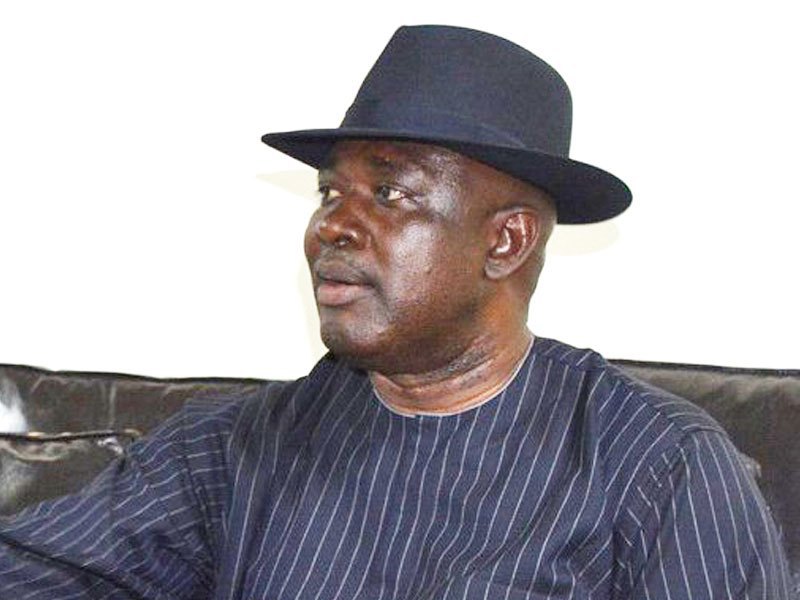- Minister Heineken Lokpobiri expressed concerns about insufficient crude supply to key refineries during the 2024 sector retreat in Abuja
- Lokpobiri emphasized the need to ramp up production to boost revenue and fulfill obligations in the mid-stream and upstream sectors
Minister Heineken Lokpobiri, in the oil sector, voiced concerns about the insufficient crude supply of key refineries in Nigeria, including Dangote Petrochemical, Port Harcourt, Warri, Kaduna, and modular ones. This concern was reiterated during the 2024 sector retreat in Abuja, emphasizing the need for increased production to sustain petroleum product output.
At the event themed ‘Building Synergy for Enhanced Development in the Oil and Gas Sector,’ Lokpobiri addressed the imperative to meet set targets and mandates outlined by President Bola Ahmed Tinubu during a ministerial retreat in November 2023.
“The first target,” Lokpobiri stated, “is to ramp up production to boost revenue and fulfil our obligations in the mid-stream and upstream.”
He highlighted the potential challenge of insufficient feed stocks upon refinery completion, underscoring the importance of addressing this issue promptly.
Lokpobiri initially raised this concern in November 2023 during discussions with State House correspondents at the Presidential Villa. He reiterated the issue during the seventh edition of the Nigeria International Energy Summit, held in Abuja in February.
During the summit, Lokpobiri emphasized the substantial crude oil requirements for refineries, particularly noting Dangote’s need for 650,000 barrels daily and government-owned facilities’ need for approximately 450,000 barrels.
Highlighting Nigeria’s dwindling investment in the sector over the last five years, Lokpobiri stressed the need for improved fiscal and regulatory frameworks to attract sustainable investment.
He underscored the petroleum sector’s pivotal role in addressing the country’s short-term challenges, given that 90% of its foreign exchange earnings stem from this sector. Lokpobiri emphasized that Nigeria, with over 208 trillion cubic feet (TCf) in proven gas reserves, should not be grappling with energy poverty.
